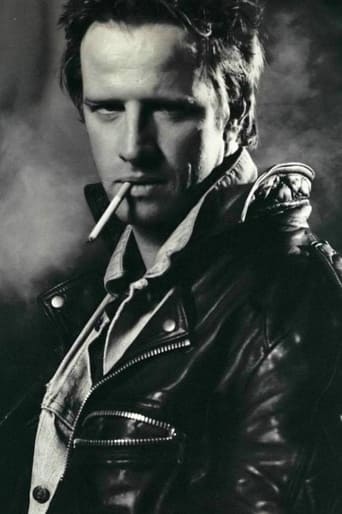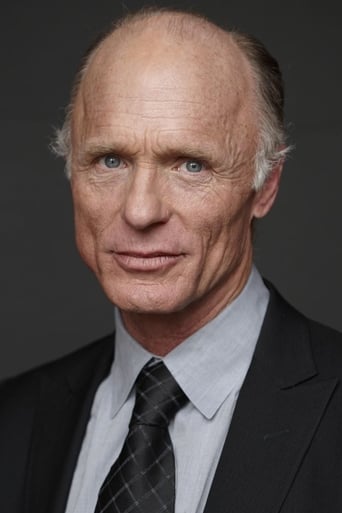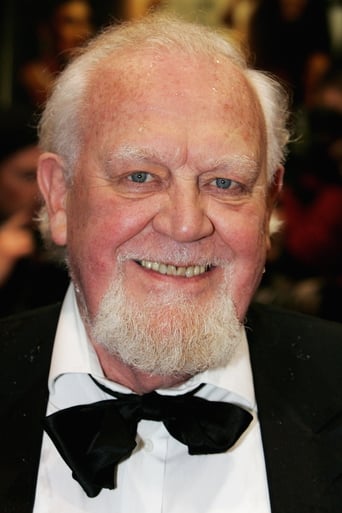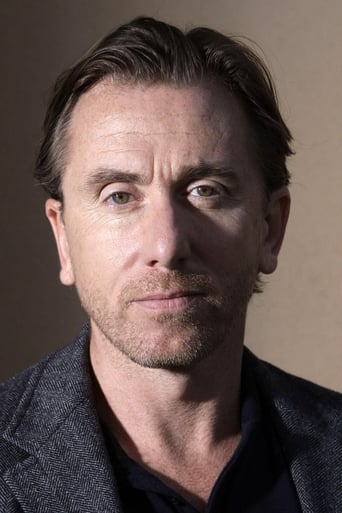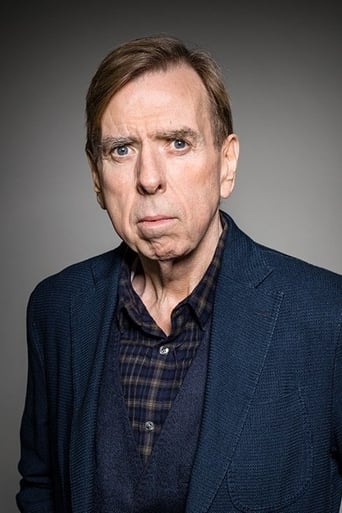Limerculer
A waste of 90 minutes of my life
BeSummers
Funny, strange, confrontational and subversive, this is one of the most interesting experiences you'll have at the cinema this year.
Brainsbell
The story-telling is good with flashbacks.The film is both funny and heartbreaking. You smile in a scene and get a soulcrushing revelation in the next.
Kayden
This is a dark and sometimes deeply uncomfortable drama
gavin6942
A young priest (Christopher Lambert) speaks out against the Communist regime in Poland and is killed for it.Now, I don't know much about the "solidarity" movement in Poland, or what role the church played in this era of Polish history. But I do know that this film approaches the story from a very odd angle. Rather than focus on the priest, they focus on the spies... and one of them (Ed Harris) seems to have a conscience. Presenting the bad guys as human? A radical idea.Also, casting Lambert as the priest seems like a bold move. Maybe I am sheltered or ignorant, but when I think Christopher Lambert, I think of B-movies like "Highlander". Granted, that's a really good B-movie, but still not the sort of dramatic gravitas you might think would lead to a role like this.
Armand
it is like a large plate with many dishes. a part can be tasty. but a little part. one of them - the idea to do a film about Jerzy Popieluszko. the second - the performance of Ed Harris. the not inspired part remains the option for Christopher Lambert as legendary priest. he is perfect for a precise sort of characters. this role is out of his circle. the other sin - the desire to present too much, too large. the hero is a symbol and a vulnerable man in a not convincing mixture. the fundamental virtue, more important than errors is the courage to present a slice of resistance from the Communist space. this is the basic role of this film - to say a powerful, touching story about the fight against sick political system. sure, Poland was a special case. but more than a case it was a model for many people from Hungary, Romania, Bulgaria or Yugoslavia. after so many years, it remains a warning and a kind of boomerang. a testimony and picture of evil front to moral victory of sacrifice.
Tin Man-5
"To Kill A Priest" has all the things that can make a movie great. Great direction, a powerful cast, good chemistry between well-defined actors, and a strong premise. Where is falls short is in the core. It is almost told from a newsreel's perspective, briefing the audience on an event rather than actually presenting any specific theme. Therefore, many multiple themes can possibly be drawn out of this, and while this fact keeps the film from being a masterpiece, it certainly doesn't make it a bad film.Inspired from actual events, the story centers around Father Alec (Christopher Lambert), a young, charismatic priest who isn't afraid to go against the system in his home in 1981's Poland. In a land ruled by Communism, he is a strong voice for Soliditary, and the people love him. Likewise, Stefan (Ed Harris) is a secret police officer who loves his country and he thinks that communism is the only way, and people like Alec are only getting in the way. He is emotionally disfunctional, and his family life is a wreck. Haunted by a painful past, he thinks that if it is possible to eliminate Alec, the people of Soliditary would run scared.Hence, the film presents two sides of the story, about two men who love their country and their people, and how they each interpret what they believe to be Poland's needs. Along the way, the film also speaks of both corrupt polititians and cowardly priests (led by Joss Ackland and David Suchet, respectively), and how Alec and Stefan both try to use both to get their work accomplished. Both provide very powerful defenses for their visions and actions, and both are very committed to a destiny which will collide them together.Mostly, this film is a collection of excellently-directed bits of dialogue which are magnificent to behold. The scenes in which Lambert tries to defend his work to Suchet sizzle with intensity, likewise do the scenes between Harris and Ackland. The subplots involving Joanne Whalley and Pete Postlethwaite are also compelling and thought-provoking, and the performances of all the actors are nothing short of majestic. What then, is missing? The fact that the film takes no sides, and presents both sides of the argument equally. Therefore, though the bits of dialogue at the beginning and end seem to lean towards Alec's cause, the center of the film never really states which side it is taking....that of communism, or that of soliditary. Because of this, any message that the film is trying to make is lost in the balance to time spent on each argument. This might have been the point of director Agnieszka Holland, but if it is, then it was a bad idea. It would have been more effective if he had chosen to follow one of the arguments and run more rampant with it. If this had been the case, than history might have been changed with the ballot for best picture at the Academy Awards of 1989 reading "To Kill A Priest."However, because of this flaw, the film is very compelling, in spite of itself. Most thoughts of communism nowadays only bring to mind thoughts of stereotypical, mustache-twirling villians. However, due to the time spent on both sides of the spectrum, this is proven not to be true. Stefan commits the acts he does because he honestly believes he is doing what is best for his family, and he isn't ashamed of any of it. This side presented to communism is quite intriguing, and it shows that one doesn't have to be evil to be on the side of evil. Hence, due to the lack of a single theme, multiple themes are presented, and while they might not be as powerful as a film with simply one to expand on, the emphasis on them all is thoughtful, if uneven.*** out of ****
Spike-65
***Possible Spoiler to Follow*** * * *Detractors of biographical films would say that it is impossible to conceptualise anyone's life after they've died. To a certain extent, that's true; the (in)famous entity can't give directions on how an actor portrays them, nor can they cringe at the (often) abysmal result. The positive side of the 'dead-don't-lie' theory is that you often get a better picture of what a person was really like, "...to see ourselves..."Father Alek (Christophe Lambert) is the celluloid incarnation of Polish priest Jerzy Popieluszko, one of many martyrs to the cause of Solidarity. Struggling with the growth of the Solidarity movement in Poland, the military enforced martial law in 1981, but failed to realise that a backlash from the predominantly Catholic populace would inevitably de-stabilise their goals.Stefan (Ed Harris) is a member of the secret police, given the job of keeping an eye on Father Alek, a popular young priest who incites his flock to stand up against their military oppressors. Stefan's private life is a mess, with a wife who is cold towards him and a son who finds his father's job destroying his own young world. His immediate supervisor, the Colonel (Joss Ackland), fails to provide Stefan with the guidance he needs and his personal hell is transferred to his underlings as the three of them kidnap and murder Father Alek. By eliminating the priest, Stefan attempts to smooth his own life out, but instead discovers that the Colonel has brokered a treaty with the Church, where both parties are secretly glad to see Father Alek removed, without having blood on their hands.The interaction between Ackland and Harris is often tense and tangible. The same cannot be said for Lambert's character, which is ruined by over-direction from Agnieszka Holland, the inevitable anti-communist semantics and the 'hollywood' treatment via a love interest. Even Lambert's usual wit (no matter what the character) is muted. The murder sequence is overdone and I can't take Timothy Spall seriously unless he is playing a philosophising brickie opposite Jimmy Nail.The highlights of the film are Joan Baez singing 'The Crimes of Cain', the Colonel realising he has been compromised and the opening boys-in-a-bus sequence. Despite a good international supporting cast, a better story could have been told in half the time.

